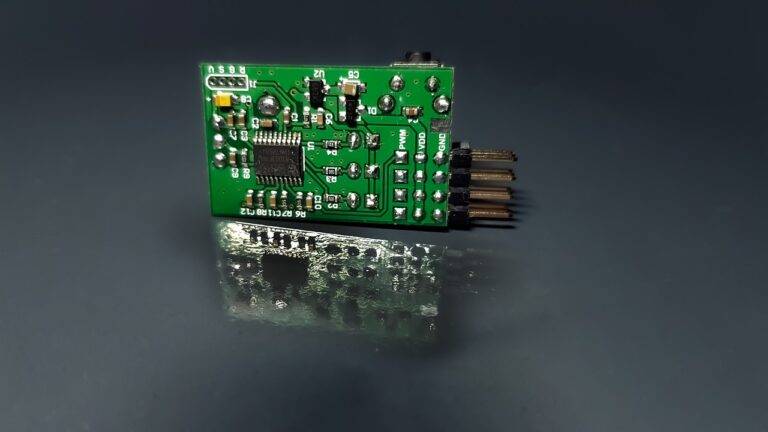Innovations in Agri-supply Chains: 99 exchange bet, Laser247 register, Yolo247
99 exchange bet, laser247 register, yolo247: Innovations in Agri-Supply Chains
The agriculture industry has undergone significant transformations in recent years, thanks to advancements in technology and changing consumer demands. One area that has seen a substantial shift is agri-supply chains. These chains play a crucial role in getting agricultural products from farm to table efficiently. In this blog post, we will explore some of the latest innovations in agri-supply chains that are revolutionizing the way we produce, distribute, and consume food.
Streamlining Transportation
Transportation is a critical aspect of agri-supply chains, as it ensures that products reach their destination in a timely and cost-effective manner. Innovations in this area include the use of GPS tracking systems to monitor the movement of goods in real-time, optimizing routes to reduce fuel consumption and emissions, and the implementation of blockchain technology to enhance transparency and traceability.
Improving Storage and Warehousing
Proper storage and warehousing facilities are essential for maintaining the quality and freshness of agricultural products. New technologies such as IoT sensors, drones, and robotics are being used to monitor conditions such as temperature, humidity, and airflow in storage facilities. This helps prevent spoilage and wastage, ensuring that products remain in optimal condition until they reach the end consumer.
Enhancing Traceability
Consumers today are more concerned than ever about where their food comes from and how it is produced. As a result, there is a growing demand for greater transparency and traceability in agri-supply chains. Technologies like blockchain and RFID tags are being used to create digital records of each step in the supply chain, allowing consumers to track the journey of their food from the farm to their plate.
Promoting Sustainable Practices
Sustainability is a hot topic in the agriculture industry, with consumers increasingly looking for products that are grown and produced in an environmentally friendly way. Agri-supply chains are embracing sustainable practices such as organic farming, water conservation, and reducing carbon emissions. Innovations like precision agriculture, which uses sensors and data analytics to optimize crop production, are helping farmers minimize their environmental footprint while increasing yields.
Ensuring Food Safety
Food safety is a top priority for agri-supply chains, as any contamination or spoilage can have serious health consequences for consumers. Technologies such as blockchain, IoT sensors, and AI are being used to track and monitor the safety of food products throughout the supply chain. By quickly identifying and addressing any potential risks, these innovations help ensure that only safe and high-quality products reach consumers.
Empowering Smallholder Farmers
Smallholder farmers play a crucial role in global food production, yet they often face challenges such as limited access to markets and resources. Innovations in agri-supply chains aim to empower these farmers by providing them with access to digital platforms for selling their products, connecting them with buyers and suppliers, and offering training and support to improve their farming practices. By leveraging technology, smallholder farmers can increase their incomes and improve their livelihoods.
In conclusion, innovations in agri-supply chains are transforming the agriculture industry, making it more efficient, sustainable, and transparent. From streamlining transportation to ensuring food safety and empowering smallholder farmers, these innovations are shaping the future of food production and consumption. By embracing these technologies and practices, stakeholders across the agri-supply chain can work together to create a more resilient and responsible food system for the benefit of all.
—
FAQs
Q: What is precision agriculture?
A: Precision agriculture is an approach to farming that uses technology such as sensors, GPS, drones, and data analytics to optimize crop production. By monitoring and analyzing factors like soil quality, weather conditions, and crop health, farmers can make informed decisions to improve yields and reduce inputs.
Q: How does blockchain technology improve traceability in agri-supply chains?
A: Blockchain technology creates a decentralized digital ledger that records each transaction or movement of a product in the supply chain. This allows for complete transparency and traceability, as every party involved can access and verify the information. By using blockchain, agri-supply chains can enhance accountability and trust among stakeholders.







